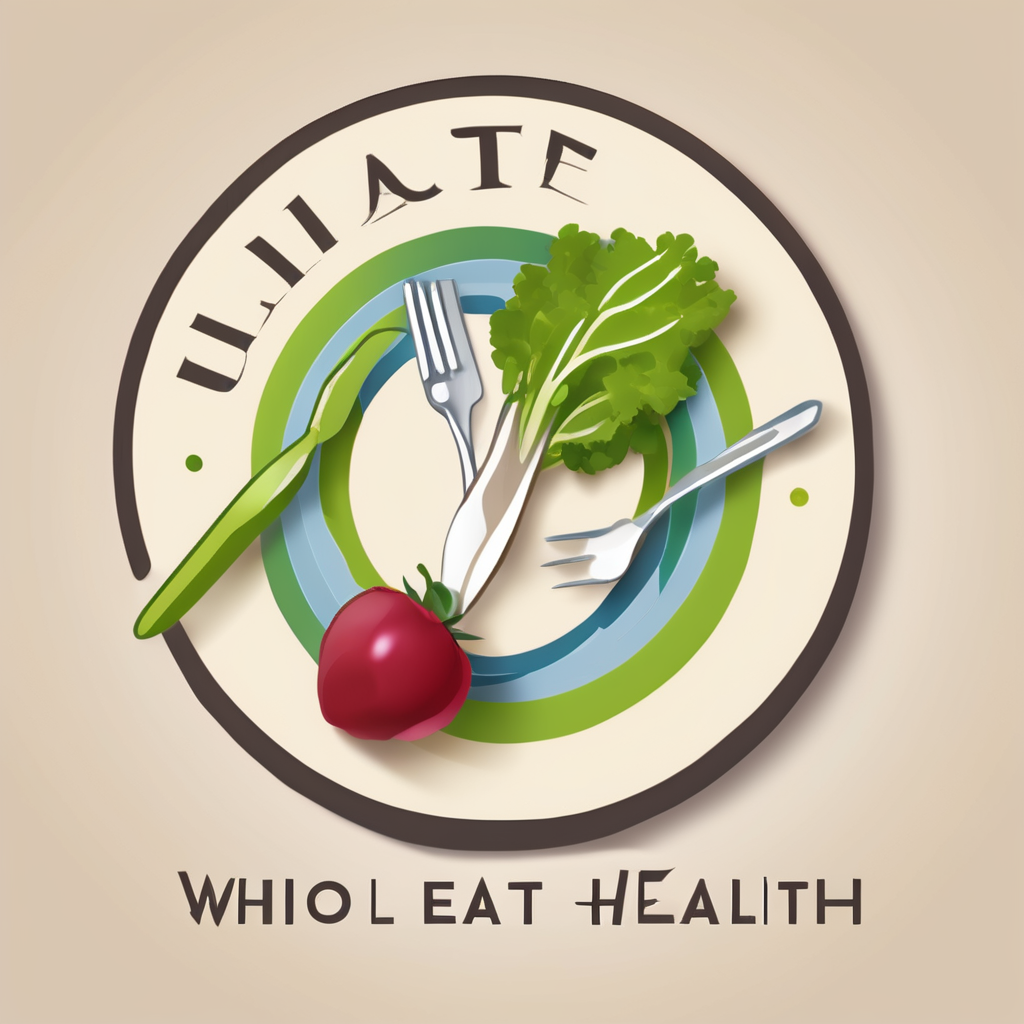Understanding Advanced Maternal Age
Advanced Maternal Age is typically defined as pregnancy over the age of 35. This age threshold is significant because it marks an increased consideration of maternal and fetal health risks.
In the UK, statistics reveal a rise in women becoming pregnant over 35. This demographic shift reflects broader sociocultural factors. Increasingly, women are opting to establish careers, achieve personal goals, and gain financial stability before starting a family. Social attitudes towards parenting are evolving, too, with growing acceptance of later-life pregnancies.
Additional reading : Essential Tips for Effectively Recording Pregnancy Milestones and Health Records in the UK
Medical guidelines play a crucial role for UK mothers in the advanced maternal age category. These guidelines focus on monitoring the pregnancy more closely due to potential complications, such as gestational diabetes, high blood pressure, and chromosomal abnormalities. Regular screenings, ultrasounds, and consultations with specialists are often recommended to ensure both maternal and child health.
Pregnant women in the over 35 group, therefore, benefit from a structured healthcare approach designed to monitor risks and navigate potential challenges effectively. While there are unique considerations for those of advanced maternal age, informed decision-making and access to appropriate medical care provide pathways to a safe and healthy pregnancy.
Also read : Exploring the Groundbreaking Advances in Non-Invasive Prenatal Testing Across the UK
Health Risks Associated with Pregnancy After 35
Pregnancy after 35, often referred to as advanced maternal age, presents specific health considerations. Women in this age group are statistically more likely to face complications such as gestational diabetes and hypertension. These pregnancy risks stem from bodily changes that occur naturally with age, potentially influencing pregnancy and birth outcomes.
Studies reveal that the likelihood of gestational diabetes increases significantly in women over 35, affecting both maternal and fetal health. Hypertension, or high blood pressure, is another serious risk, potentially leading to conditions like preeclampsia, which poses threats to both the mother and the child. Thus, understanding these risks is crucial for expectant mothers in managing their pregnancies effectively.
Statistical data confirms elevated complication rates for advanced maternal age pregnancies compared to younger maternal groups. However, it’s crucial to stress the benefits of preconception health assessments and screenings. These evaluations help identify potential risks early, enabling timely interventions and customized healthcare strategies.
Fostering awareness of these health considerations and taking proactive measures can materially improve pregnancy outcomes. Regular check-ups, healthy lifestyle choices, and open communication with healthcare providers are integral components of prenatal care for women over 35. Addressing these pregnancy risks head-on ensures informed decisions, supporting healthier experiences for both mother and child.
Fertility Considerations for Women Over 35
Understanding fertility after 35 can be daunting but is crucial for women considering pregnancy. As women age, fertility naturally declines, making conception more challenging. This decline is attributed to a decrease in egg quality and quantity, alongside an increased risk of health issues affecting pregnancy. It’s important to acknowledge these changes without inducing unnecessary fear, as many options remain available.
Conception Challenges
Women over 35 may face several conception challenges. A primary issue is the reduced efficacy of natural conception methods. An age-related decline in egg viability and hormonal variations further complicates fertility. Consequently, couples are advised to seek medical consultation after six months of unsuccessful attempts to conceive.
Assisted Reproductive Technology
For those facing hurdles, assisted reproductive technology offers promising solutions. Treatments like in vitro fertilization (IVF) and egg freezing present viable paths to parenthood for many women. Such technologies but require significant emotional and financial investment.
Psychological Impact and Coping Strategies
The emotional toll of fertility issues is profound, with anxiety and stress being common. Coping strategies include seeking support through therapy, engaging in stress-reducing activities, and maintaining open communication with partners. Prioritizing mental health alongside medical treatments is vital in navigating this challenging journey gracefully.
Prenatal Care and Monitoring
Navigating prenatal care is crucial, especially for older mothers. Specialized care is indispensable in handling the unique challenges associated with high-risk pregnancies. This includes continuous health monitoring to ensure both mother and baby are healthy.
For older mothers, prenatal care practices become more focused. Regular check-ups, screenings, and genetic tests are some of the recommended protocols. These not only help in tracking the progress but also in identifying any potential risks early on.
Specialized healthcare providers play a pivotal role in managing high-risk pregnancies. They offer tailored guidance, keeping the mother’s age and health conditions in mind. Experienced in dealing with complex cases, these professionals ensure that the care provided is both comprehensive and sensitive to individual needs.
Health monitoring is critical right from the start. Regular ultrasounds, blood tests, and fetal monitoring become integral in assessing the pregnancy’s progression. Adjustments to healthcare plans are made based on these monitoring results, ensuring that any deviation from the norm is quickly managed.
In conclusion, for older mothers, prenatal care isn’t just about monitoring but also adapting continuously to enhance the prospects of a healthy pregnancy and successful delivery.
Emotional and Psychological Aspects
Pregnancy after 35 presents unique emotional challenges. Older expectant mothers often grapple with anxiety about health risks and potential complications. This can impact their emotional health and mental wellness, requiring effective management strategies to ensure a positive experience.
Support for older mothers is crucial in mitigating stress. Many find solace in dedicated support networks and resources tailored to their specific needs. These can include prenatal classes designed for older parents, counselling services, and online forums where they can connect with peers. These resources not only provide valuable information but also foster a sense of community.
Personal experiences play a significant role in understanding the emotional journey. Older first-time mothers often share anecdotes highlighting common fears and triumphs. For instance, some mention the relief in attending classes with others in a similar age range, which normalises their experiences and reduces feelings of isolation.
Moreover, engaging in activities that promote mental wellness, such as mindfulness and meditation, can also be beneficial. These practices help in managing stress and maintaining a positive outlook. By addressing emotional health and utilising available resources, older mothers can navigate their pregnancy journey more seamlessly.
Government and Institutional Support
Navigating the myriad government programs available for pregnant women in the UK can be both daunting and empowering. The UK government provides comprehensive support through numerous initiatives to ensure the well-being of expecting mothers. It offers significant support for pregnant women via National Health Service (NHS) programs, which include prenatal and postnatal care, providing both physical and mental health resources.
For older mothers, policies are especially considerate. Financial assistance can alleviate some of the challenges associated with high-risk pregnancies or later-life parenting. Maternity leave policies ensure that mothers have the time they need for recovery and bonding without the fear of losing employment. This reflects a broader societal commitment to supporting mothers at all life stages.
To access these government resources, one can utilize the NHS website for healthcare services or connect with local health departments for counseling services. Understanding these resources is crucial for expecting families. The support systems available are underpinned by a robust framework designed to assist with healthcare costs and logistical challenges, like arranging appointments and transitioning back to work postpartum. The UK’s policies aim to foster a supportive environment, reinforcing the importance of maternal and child health.
Success Stories and Real-Life Experiences
When it comes to late pregnancy, particularly after the age of 35, personal experiences can offer invaluable insights and encouragement. Inspirational stories from older mothers showcase the potential for success in these situations. For many women, hearing these personal narratives can alleviate concerns and boost confidence.
Women who have embarked on this journey often report profound lessons learned. One key takeaway from their stories is the significance of maintaining a healthy lifestyle and regular medical check-ups. Their experiences emphasize staying informed about medical advancements and techniques that can aid in having a successful pregnancy later in life. Another crucial element highlighted is the perseverance in overcoming unexpected challenges inherent in late pregnancy.
Moreover, the importance of community support cannot be overstated. Many mothers attribute their success to robust networks of family, friends, and support groups. These communities provide emotional backing, share relevant advice, and bolster confidence in pregnant women over 35. Participating in forums or local parent groups can be a valuable source of connection.
In an age where personal stories are easily accessible through various mediums, shared narratives from older mothers continue to be a beacon of hope and information, inspiring others contemplating a later-in-life pregnancy.











